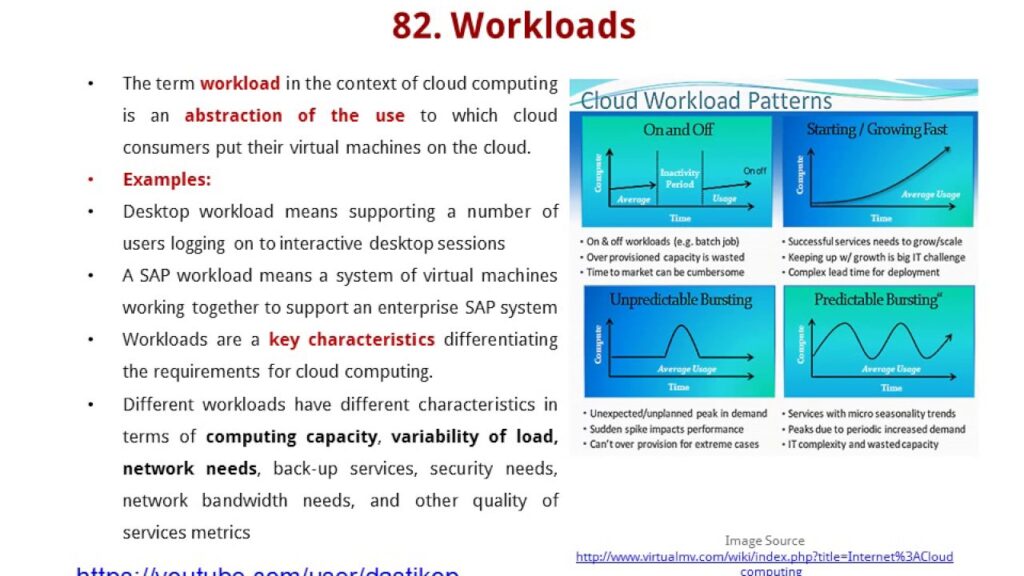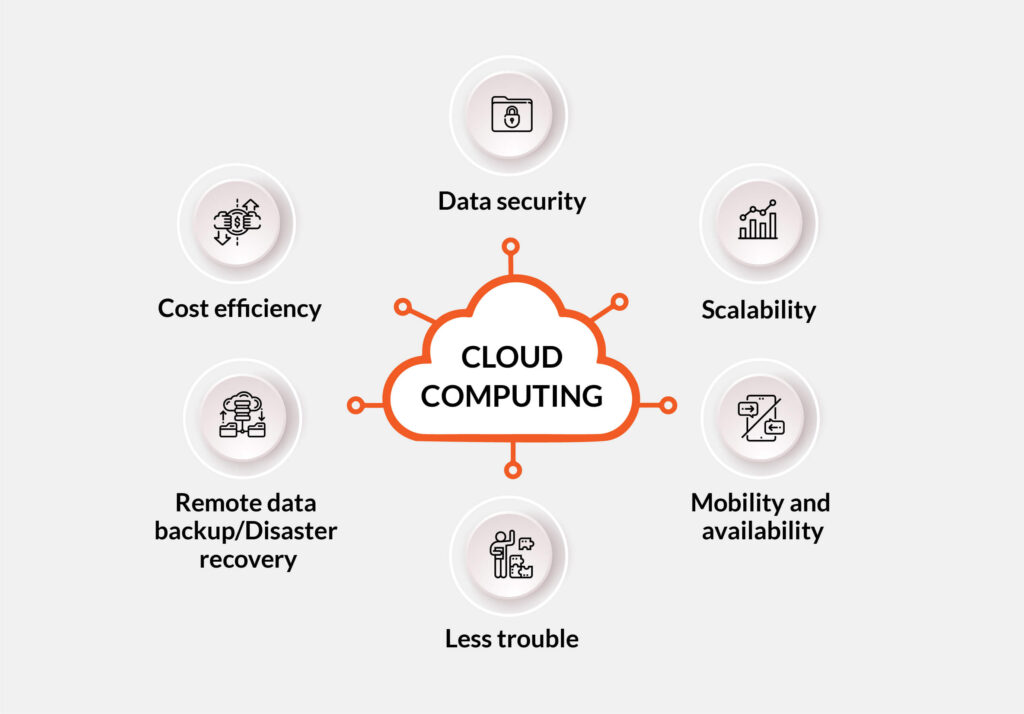Community cloud computing is a term that has been gaining quite a bit of attention in recent years, as organizations look for ways to share resources and reduce costs. But what exactly is community cloud computing? Is it the same as public or private cloud computing? And what benefits can it offer to businesses and other organizations?
In this article, we will explore the concept of community cloud computing in detail, answering these questions and more. We will begin by defining what community cloud computing is, and how it differs from other types of cloud computing. From there, we will examine the benefits of community cloud computing, including improved collaboration, reduced costs, and increased security. By the end of this article, you will have a clear understanding of what community cloud computing is, and how it can help your organization achieve its goals.
Community cloud computing is a type of cloud computing that involves sharing of resources and services by a community of users. It is a shared infrastructure between multiple organizations that have a common interest. Benefits of community cloud computing include reduced cost, improved security, and access to a wide range of resources. It also allows organizations to share data and collaborate more easily.

What is Community Cloud Computing?
Community cloud computing is a type of cloud computing model that is designed to be used by a specific group of organizations, such as a particular industry or government agency. It allows organizations to use the same cloud computing infrastructure and services in a secure, private environment. This type of cloud computing is typically hosted by a third-party provider and is accessible to only a select group of users, who must be approved by the provider.
Community cloud computing provides organizations with the ability to access, share and store data in a secure environment. It also allows organizations to collaborate on projects and share resources more easily. By using the community cloud, organizations can save money and time while still maintaining the security of their data.
Which is True of Community Cloud Computing?
Community cloud computing is a secure and cost-effective way for organizations to access and share data. It allows organizations to collaborate on projects, share resources and store data in a secure environment. Additionally, community cloud computing can help organizations save money by utilizing the same infrastructure and services in a private environment.
Community cloud computing is also more secure than public cloud computing, as it is only accessible to a select group of users who are approved by the provider. This ensures that only authorized users have access to the data and that the data is kept secure from outside threats. Additionally, community cloud computing offers organizations the ability to customize the security settings to fit their specific needs.
Advantages of Community Cloud Computing
One of the main advantages of community cloud computing is its cost-effectiveness. Since organizations are able to use the same infrastructure and services in a private environment, they are able to save money by not having to purchase their own hardware and software. Additionally, since the cloud is hosted by a third-party provider, organizations do not have to worry about the cost of maintaining their own infrastructure.
Another advantage of community cloud computing is its security. Since the cloud is only accessible to a select group of users who are approved by the provider, organizations can be sure that their data is kept secure from outside threats. Additionally, organizations can customize the security settings to fit their specific needs.
Disadvantages of Community Cloud Computing
One of the main disadvantages of community cloud computing is that it is only accessible to a select group of users who are approved by the provider. This means that organizations may not be able to access the data or services they need if the provider does not grant them access. Additionally, organizations may not be able to customize the services and infrastructure to fit their specific needs.
Another disadvantage of community cloud computing is that it may be more expensive than public cloud computing. Since the cloud is hosted by a third-party provider, organizations may have to pay a fee for using the services. Additionally, since organizations are sharing the same infrastructure and services, they may have to pay more for additional resources.
Frequently Asked Questions
Community cloud computing is a type of cloud computing that provides resources to a specific community of users. It is designed to meet the needs of groups or organizations with specific requirements, including privacy and compliance.
What is Community Cloud Computing?
Community cloud computing is a type of cloud computing that is designed to serve the needs of a specific group of users. It allows for the sharing of resources among members of the community and provides a secure, compliant environment for the storage and processing of data. With community cloud computing, access to resources is limited to members of the community and only data related to the needs of the community is stored and processed. This helps to ensure privacy and compliance with regulations.
What are the Benefits of Community Cloud Computing?
The primary benefit of community cloud computing is the sharing of resources among members of the community. This allows for greater efficiency and cost savings, as resources can be shared instead of having to be purchased separately for each individual user. Additionally, community cloud computing provides a secure, compliant environment for the storage and processing of data, which is important for organizations that need to comply with privacy and security regulations.
What is the Difference Between Community Cloud Computing and Public Cloud Computing?
The primary difference between community cloud computing and public cloud computing is that access to resources is limited to members of the community in the former, whereas public cloud computing is open to anyone who wishes to use it. Additionally, community cloud computing provides a more secure, compliant environment for the storage and processing of data, which is important for organizations that need to comply with privacy and security regulations.
What are the Challenges of Community Cloud Computing?
One of the challenges of community cloud computing is that it can be difficult to ensure that all members of the community have access to the same resources and information. Additionally, it can be difficult to ensure that all members are compliant with the same regulations and standards. Finally, it can be difficult to allocate resources among members of the community in an equitable manner.
What is the Future of Community Cloud Computing?
The future of community cloud computing looks bright, as more organizations are recognizing the benefits of sharing resources, as well as the need for a secure, compliant environment for the storage and processing of data. Additionally, as regulations and standards continue to evolve, organizations are increasingly turning to community cloud computing to ensure compliance with the latest regulations. As a result, the demand for community cloud computing is expected to continue to grow in the coming years.

In conclusion, community cloud computing offers a unique and flexible solution for organizations that share common interests or requirements. By pooling resources and sharing infrastructure, community cloud computing can provide cost savings, improved security, and customizable services. However, it is essential to carefully evaluate the potential risks and benefits of community cloud computing before making the decision to adopt it.
Overall, community cloud computing has the potential to transform the way organizations collaborate and share information. As more and more companies and institutions look for innovative ways to meet their computing needs, the community cloud model will likely continue to grow in popularity. To maximize the potential benefits of community cloud computing, it is crucial to work with experienced and reliable providers who can help tailor the service to meet the specific needs of your organization.



